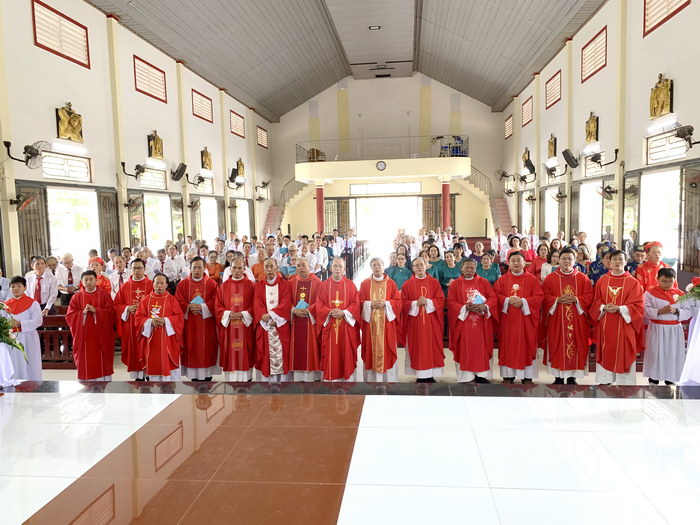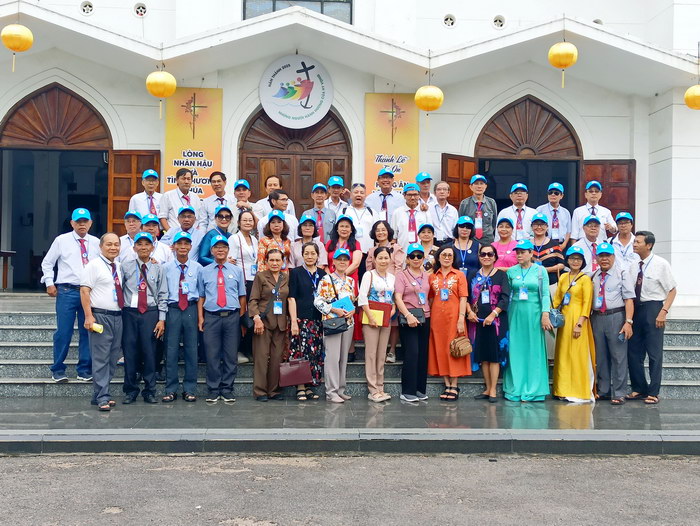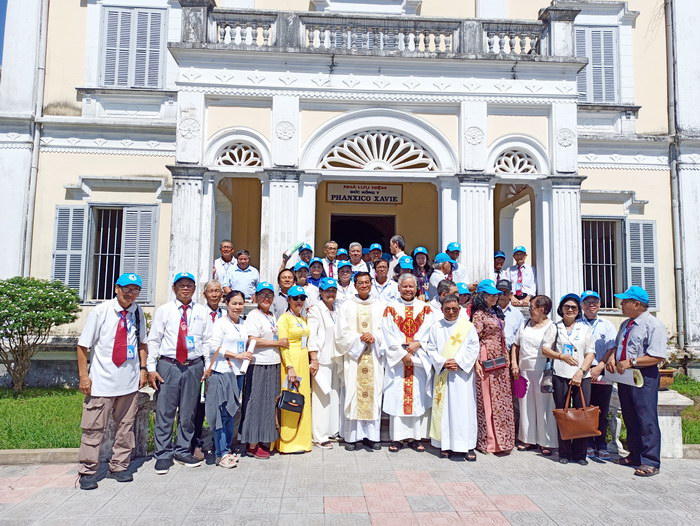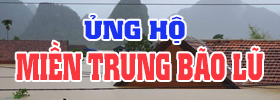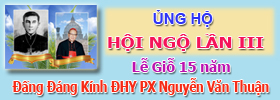WB: Kinh tế thế giới vào vùng nguy hiểm mới.

Chủ tịch Ngân hàng Thế giới (WB) Robert Zoellick ngày 14-9 đã cảnh báo kinh tế thế giới đang tiến vào vùng nguy hiểm mới. Châu Âu, Nhật Bản cùng Mỹ phải khẩn cấp đưa ra những quyết định để tránh đẩy kinh tế toàn cầu vào suy thoái.
WB: Kinh tế thế giới vào vùng nguy hiểm mới
Chủ tịch Ngân hàng Thế giới (WB) Robert Zoellick ngày 14-9 đã cảnh báo kinh tế thế giới đang tiến vào vùng nguy hiểm mới. Châu Âu, Nhật Bản cùng Mỹ phải khẩn cấp đưa ra những quyết định để tránh đẩy kinh tế toàn cầu vào suy thoái.
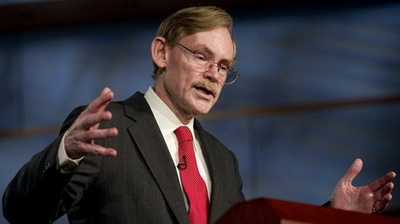
Chủ tịch Ngân hàng Thế giới Robert Zoellick
“Nếu châu Âu, Nhật Bản và Mỹ không thể gánh vác những trách nhiệm, không chỉ riêng họ suy thoái mà sẽ là cả nền kinh tế toàn cầu”, Reuters dẫn lời ông Zoellick nói tại Đại học George Washington, Mỹ.
Bài phát biểu của ông Zoellick khẳng định sự lo sợ của các nhà hoạch định chính sách trên toàn cầu về cuộc khủng hoảng nợ công đang thêm trầm trọng ở châu Âu, cũng như những cải cách chưa thấy hiệu quả trong lĩnh vực tài chính và chi tiêu công tại Mỹ và Nhật Bản.
Ông Zoellick cho rằng các nước châu Âu đang lẩn tránh sự thật về trách nhiệm chung của họ. Nhật Bản trì hoãn các cải cách kinh tế xã hội cần thiết và khác biệt về quan điểm chính trị tại Mỹ đã ngăn cản các nỗ lực cắt giảm thâm hụt ngân sách.
“Không còn thời gian để tranh cãi nữa - ông Zoellick nói - Nếu chúng ta không nhanh chóng vượt qua, nhanh chóng thay đổi, gác qua những đòi hỏi chính trị ngắn hạn, không nhận ra rằng quyền lực đi kèm với trách nhiệm, chúng ta sẽ bị cuốn vào dòng xoáy nguy hiểm”.
H.Minh
Tin đầy đủ:
World Bank President Robert Zoellick said on Wednesday the world had entered a new economic danger zone and Europe, Japan and the US all needed to make hard decisions to avoid dragging down the global economy.
"Unless Europe, Japan, and the United states can also face up to responsibilities they will drag down not only themselves, but the global economy," Zoellick said in speech at George Washington University.
"They have procrastinated for too long on taking the difficult decisions, narrowing what choices are now left to a painful few," he said ahead of meetings of the World Bank and International Monetary Fund next week.
His bluntly-worded speech highlighted mounting fears among global policymakers about an escalating sovereign debt crisis in Europe, which has for now overshadowed investor concerns about public finances and reforms in the United States and Japan.
Just as those very countries had called on China to be a responsible global stakeholder as a rising economic power, so too must they act responsibly and face up to their economic problems, Zoellick added.
Chinese Premier Wen Jiabao weighed in earlier and called on developed countries to take responsibility for fiscal and monetary policies to avoid the European crisis from spreading.
Meetings of global finance and development leaders in Washington next week will focus on Europe's debt woes and the risk of a Greek debt default, which has fed growing alarm in financial markets.
Mixed signals from European leaders have escalated concerns the 17-member euro zone may be unable to unite behind a common approach to tackle the crisis.
Zoellick said European countries were resisting difficult truths about their common responsibilities, Japan had held off on needed economic and social reforms, and political differences in the United States were overshadowing efforts to cut record budget deficits.
"The time for muddling through is over," Zoellick said. "If we do not get ahead of events; if we do not adapt to change; if we do not rise above short-term political tactics or recognize that with power comes responsibility, then we will drift in dangerous currents."
Zoellick's speech focused on the shifting global landscape in which emerging market economies are playing a greater role in the world economy -- and increasingly in development.
He said developed countries had yet to fully recognize these global shifts were underway and still operated under a "do what I say, not what I do" policy. They preached fiscal discipline but failed to rein in their own budgets, and advocated debt sustainability yet their own debts were at record highs, he said.
Zoellick also said it was time to rethink foreign aid, saying that while aid remains a life or death issue for millions of people around the world, it had also become a vehicle for helping poorer countries develop and grow, he said.
"In a world 'Beyond Aid,' assistance would be integrated with -- and connected to -- global growth strategies, fundamentally driven by private investment and entrepreneurship," he said. "The goal would not be charity, but a mutual interest in building more poles of growth."
He said development also meant tapping the power of women by eliminating gender inequality.
"We will not release the full potential of half of the world's population until globally we address the issue of equality; until countries, communities, and households around the world acknowledge women's rights and change the rules of inequality," Zoellick said.
Tác giả: H.Minh
Tags: n/a
Ý kiến bạn đọc
Những tin mới hơn
Những tin cũ hơn
- Bản tin Vui Mừng và Hy Vọng số... - 05/01/2026
- Bản tin Vui Mừng và Hy Vọng số... - 10/10/2025
- Bản tin Vui Mừng và Hy Vọng số... - 21/07/2025
- Bản tin Vui Mừng và Hy Vọng số... - 10/04/2025
- Bản tin Vui Mừng và Hy Vọng số... - 10/01/2025
- Bản tin Vui Mừng và Hy Vọng số... - 18/10/2024
- Kỷ Yếu 50 Năm Lớp Hy Vọng HT74 - 31/08/2024
- Bản tin Vui Mừng và Hy Vọng số... - 20/07/2024
- Sách: Một Chút Tình Thôi, tập... - 17/03/2024
- Bản tin Vui Mừng và Hy Vọng số... - 09/01/2024
- Đang truy cập386
- Hôm nay49,470
- Tháng hiện tại249,447
- Tổng lượt truy cập96,016,075






